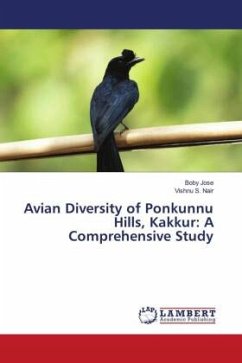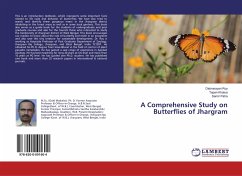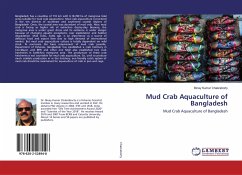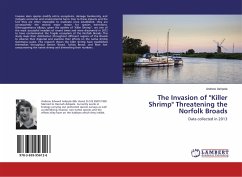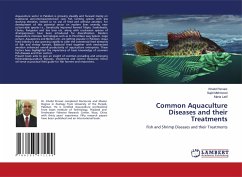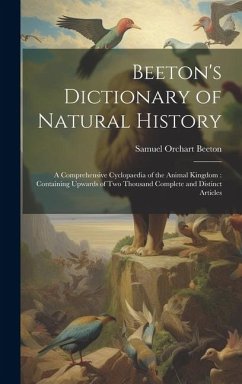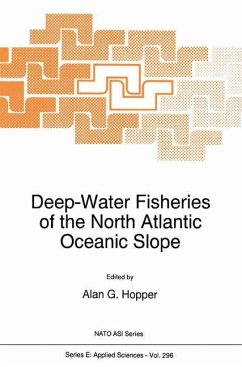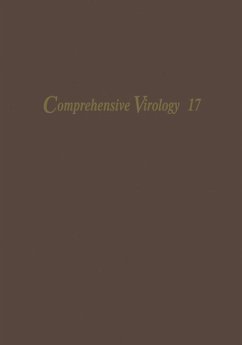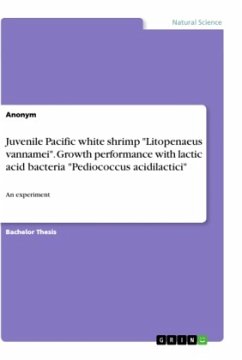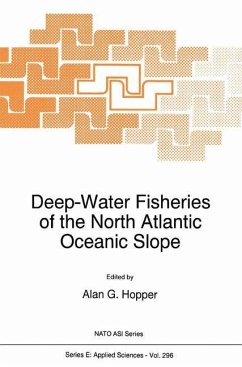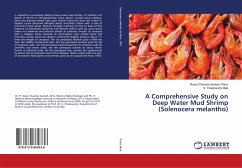
A Comprehensive Study on Deep Water Mud Shrimp (Solenocera melantho)
Versandkostenfrei!
Versandfertig in 6-10 Tagen
58,99 €
inkl. MwSt.

PAYBACK Punkte
29 °P sammeln!
S. melantho is commonly called as deep water mud shrimp. It's habitat is at depth of 50-152 m. Pterygostomian spine absent, cervical sulcus oblique, deep and extends almost upto post rostral carina but does not indent it; hepatic carina decurved abruptly about one-third, telson with a pair of prominent fixed spines. Rostrum straight reaching at most to base of first segment of antennular peduncle and dentate almost upto tip, post rostral carina not laminose and extends almost to posterior border of carapace with a shallow sulcus towards its termination; post orbital spine and branchio cardiac ...
S. melantho is commonly called as deep water mud shrimp. It's habitat is at depth of 50-152 m. Pterygostomian spine absent, cervical sulcus oblique, deep and extends almost upto post rostral carina but does not indent it; hepatic carina decurved abruptly about one-third, telson with a pair of prominent fixed spines. Rostrum straight reaching at most to base of first segment of antennular peduncle and dentate almost upto tip, post rostral carina not laminose and extends almost to posterior border of carapace with a shallow sulcus towards its termination; post orbital spine and branchio cardiac sulcus are distinct, antennular flagella measure about 1 times the length of carapace. The 1st pereopod extends upto a little less than the middle of antennal scale; the 2nd pereopod reaches upto the tip of antennal scale, the 3rd pereopod extends beyond the antennal scale by one-fifth and entire chela, the 4th pereopod reaches to about three-fourth of antennal scale; the 5th pereopod over reaches the scaphocerite by about half of propodus and entire dactylus. Telson armed with one pair of prominent fixed spines and extends upto tip of uropods (de Man, 1907).



